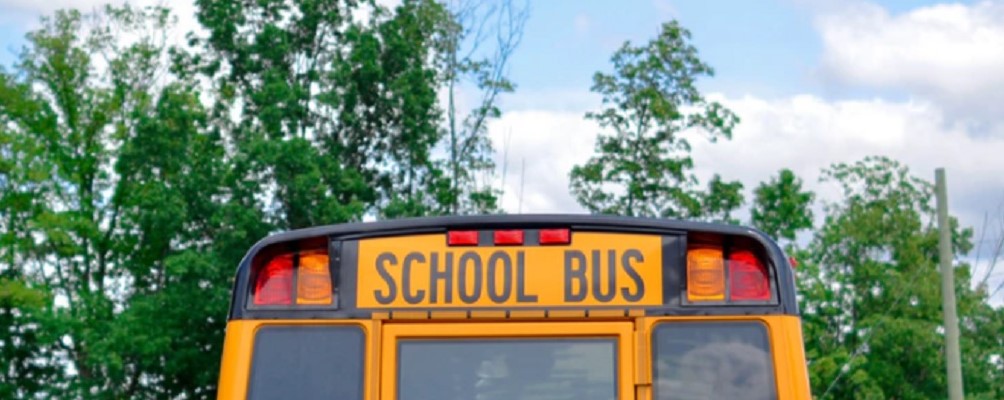
5 Ways Ethics Hotlines Improve the K-12 Education
Ethics hotlines for K-12 schools have the power to improve students’ education when implemented correctly. Both teachers and students can use these hotlines to create better schools.
Students already have enough to worry about with grades and friends. An ethics hotline gives them a chance to report things that shouldn’t be happening in their schools.
1. Prevent Misuse Of Funds
Sadly, administrators and teachers sometimes misuse funds meant for the school. For example, a teacher might pocket a percentage of money from a fundraiser or administrators might use funds meant for upgrading school computers for raises for themselves.
An ethics hotline improves K-12 education by helping ensure money raised and allocated for school use isn’t stolen. Teachers, administrators, parents and students can report suspected financial issues.
2. Eliminate Teacher Misconduct
Teachers are supposed to be individuals students can trust. However, some teachers do abuse their power. It can range from general bullying to assault. It could even just be refusing to teach, such as assigning some reading, but refusing to answer any questions.
Students should be able to learn from their teachers, but this makes students hate school or even decide to copy the teacher’s unethical behavior. Using an ethics hotline gives students a way to anonymously report issues to eliminate bad teachers and fill schools with the right teachers.
3. Reduce Student Violence
School shootings don’t happen often, but when they do, it’s always a tragedy. It also makes students fear coming back. Many threats aren’t reported, though, because students don’t feel they have a safe way to do so. They’re also afraid they’ll be the one blamed.
With an ethics hotline, the threat of school violence can be put to an end. Any time a student fears that another student might be planning an attack or even planning to hurt themselves, they can report it. This creates a safer school for students so they can focus on education and not fear.
4. Improve School Safety
It’s vital for schools to keep students safe. This means ensuring there aren’t ways for students to sneak out or unauthorized visitors to get in. Students are more worried about staying safe than school administrators may realize.
Ethics hotlines give students, teachers and other staff a way to report safety violations anonymously. For example, they can report someone sneaking out without fear of being bullied for it later. Or, if they notice doors not being locked that should be, they can report it to keep the school safer.
5. Reduce Bullying
One of the best ways ethics hotlines improve K-12 education is by reducing bullying. Students are often afraid to say anything because it could just result in more bullying. However, by filing anonymous reports, a bully could be reported by anyone. Teachers, resource officers and other staff will know who to watch so they can step in and take the appropriate action.
When students feel safer and not bullied, they learn better. Also, they’re less likely to end up hurting themselves or others when they’re pushed too far.
Ethics hotlines are an important tool for schools. By making schools better for students and teachers, students learn better.
